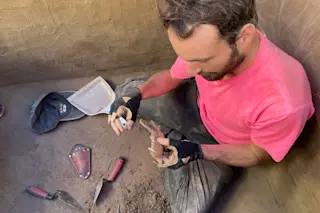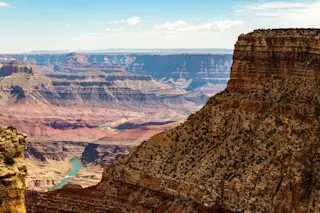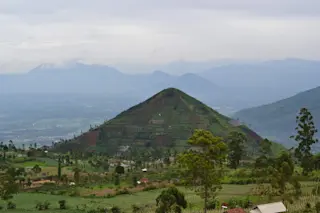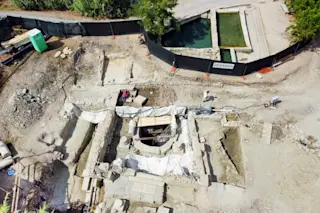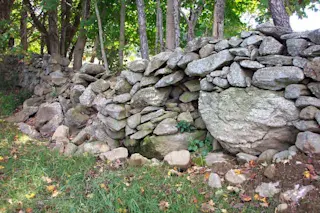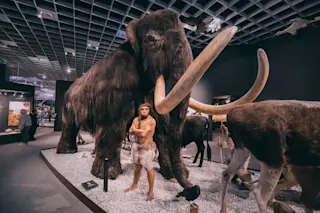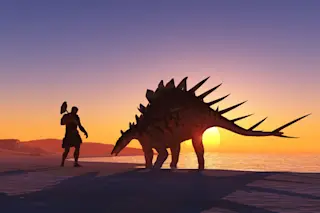History is complicating the return of the Olympics to its home. Construction crews preparing for the 2004 Athens competitions, scheduled to open August 13, keep hitting ancient buildings and artifacts. Despite time-consuming efforts to preserve these antiquities, some archaeologists charge that science is losing out to national pride.
At the center of the conflict is the rowing and canoeing basin (below) being built at Schinias, 18 miles northeast of Athens. Most archaeologists identify this beachfront land as the site of the 490 B.C. battle of Marathon between the Persians and the Greeks. The battle is regarded as one of the most important in Greek history, says archaeologist David Romano of the Museum of Archaeology and Anthropology at the University of Pennsylvania. Nevertheless, the Greek Ministry of Culture declared the site safe for construction based on geophysical studies suggesting that the area had been a lagoon at the time of the ...



